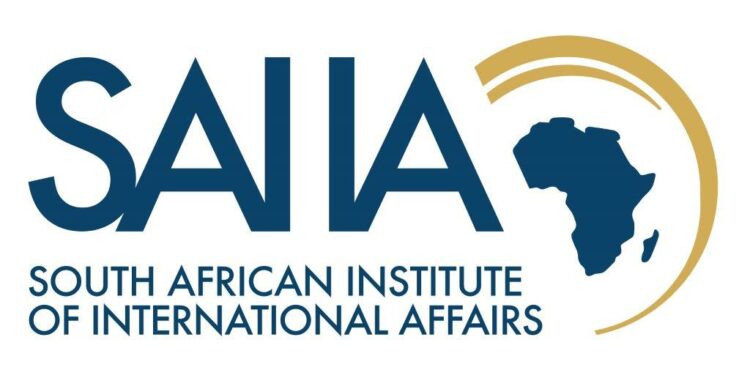Background
Coca-Cola Swaziland is a food manufacturing group and produces soft drink concentrate and supplies it to sixty bottling companies across 20 countries in Africa. It imports some of its raw materials like dairy products into the country and sources most sugar materials locally.
Barriers Encountered
Given the Coca-Cola Swaziland (CONCO LTD)’s extensive reach in the region, reliable and safe transport is an important part of the company’s business activities. CONCO relies on road transport for its business but Swaziland, the location of its plant, does not have professional trucking companies that meet the company’s standards. CONCO faces difficulties contracting transport service providers that give quality and reliable service in addition to having insurance on the goods that are being transported. The trucking company that did meet CONCO’s standards was UNITRANS but it recently restructured its business in Swaziland and is no longer available to transport CONCO’s products. Most of the trucking companies that are currently available for CONCO to use only serve small areas, which increases the need for CONCO and the bottlers to get involved in coordinating the movement of the concentrate. The lack of competition in the transport sector is a barrier to efficient trade of CONCO’s products. Additionally, the road infrastructure from Swaziland and into the rest of the region is not good, which highlights the need for insurance when transporting goods.
Constantly changing, inconsistent and unharmonized customs regulations and procedures pose problems for CONCO. Regulations and procedures at the border change often and companies are not only given short notice on some of the changes but are usually poorly educated on them. The fact that customs officials on the Swaziland side are not well informed about the procedures at the border contributes to the inconsistencies and frustration on the part of CONCO. The unharmonized systems of clearing goods, ASYCUDA on the Swaziland side and EDI in the South African, also pose challenges at the border. The company’s agent at the border has to fill two sets of documents and have goods entered into both systems. It does not help that ASYCUDA experiences frequent down time.
The company also has difficulties in importing dairy products to use as raw materials. The Dairy Board requires that CONCO apply for an import permit for each delivery. This application process sometimes lasts weeks and rules for the application change at the discretion of the Dairy Board. Dairy imports have on occasion been stuck at the ports and border for periods up to a month. To a very small extent, exchange rate controls are a problem. For example, the company needs Central Bank approval to remit Rands, even within the Common Monetary area.
Impact of Barriers
The customs procedures and import permit application process are both time consuming and unnecessarily eat into company resources. For the customs issue for example, CONCO has to pay its agent at the border more money because of the increased amount of work.
It is frustrating on the side of CONCO to have to compromise on its standards when contracting with trucking companies, especially in Swaziland where there is an excess of trucks that don’t meet the required standards. The working relationship between CONCO and bottlers erodes when there are transport problems.
Firm Response to Barriers, Including Interaction with Policymakers
The firm has not successfully addressed the issues causing difficulties. On the transport issue there is nothing that the firm can do at its level; it works with what the market provides. On the import permit issue the firm has not been successful in convincing the Dairy Board to grant it a yearly license for the importation of Dairy materials. The company has also spoken to the Central Bank of Swaziland regarding the remission of Rands from Swaziland, but that too has not led to an ideal solution.
CONCO has raised the customs issue with the Minister of Commerce, Industry and Trade. She has been cooperative and shown the company to the right people for help. However, the issue still unresolved.
The Dairy Board has welcomed the company’s reaction to the import permit issue but the outcome has not been favourable. Similarly, the minister has been helpful to CONCO but the results have not been forthcoming.
Additional Comments and Suggestions
On the trucking issue, CONCO suggests that the government regulate the industry effectively and enforce higher standards of service.
Border procedures between Swaziland and South Africa have to be harmonized to simplify the process and save companies time and resources.
The government should consider opening he border 24 hours to reduce some of the congestion that happens at the border.
The Dairy Board of Swaziland should also take seriously the company’s request for a yearly permit.
Source link : https://saiia.org.za/saiia-toolkit/coca-cola-swaziland-conco-ltd/
Author :
Publish date : 2018-10-29 21:35:27
Copyright for syndicated content belongs to the linked Source.
